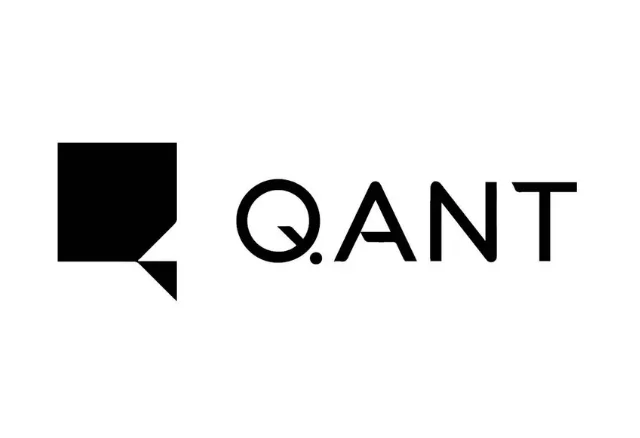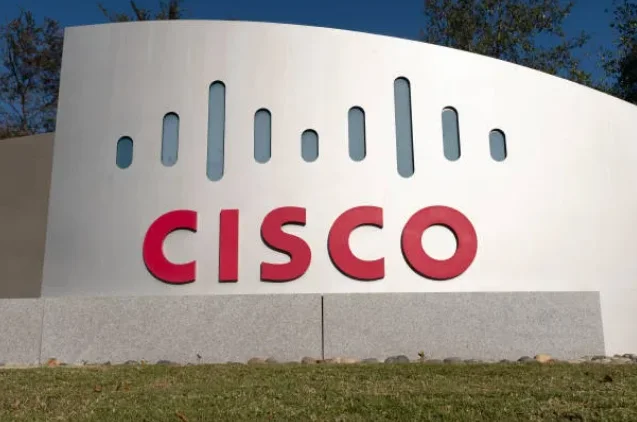Insider Brief
- Quantum computing firm IonQ may leave Maryland if state funding for its planned headquarters is not approved, according to Washington Business Journal.
- IonQ’s current College Park facility is overcrowded, and the company seeks $10 million from Gov. Wes Moore’s budget to help build a new 100,000-square-foot headquarters.
- If funding falls through, IonQ will consider relocating, as other jurisdictions have offered incentives, though it hopes to remain in Maryland.
Quantum computing firm IonQ Inc. is considering leaving Maryland if state funding for a new headquarters does not materialize, Chief Financial Officer Thomas Kramer said, according to the Washington Business Journal.
The company, which employs about 100 people in the state, has outgrown its College Park offices and is seeking support for a 100,000-square-foot headquarters within the University of Maryland’s Discovery District. Gov. Wes Moore has proposed $10 million in his state budget to fund the project, but the General Assembly must approve it.
“We have frankly outlived our current offices in College Park,” Kramer told the Washington D..C.-based business journal. The company’s current space is “bulging at the seams” and lacks sufficient lab space. If the funding does not come through, Kramer said IonQ would begin considering other locations, including outside of the Washington, D.C., region.

IonQ has already expanded its footprint beyond Maryland. Last year, the company opened a 65,000-square-foot manufacturing facility near Seattle, where it now employs about 100 people.
Proposed Funding
Moore unveiled his $67.3 billion budget proposal at IonQ’s headquarters earlier this month, emphasizing his commitment to making Maryland a quantum computing hub. The $10 million in proposed funding is separate from a broader $27.5 million initiative to position Maryland as the “capital of quantum,” an effort he said could unlock more than $1 billion in public and private investment over five years.
“Quantum is going to drive advancement across sectors faster than we think; from pharmaceutical research to cybersecurity,” Moore said, as reported by the Washington Business Journal. “And Maryland is uniquely positioned to make a big bet on this critical industry that will define our shared future.”
For IonQ, the budget decision could be pivotal.
“We would consider [leaving],” Kramer told the business journal. “Ultimately, a lot is at stake.”
According to Kramer, if the state is unable to provide funding, they would ultimately be forced us to look outside of the region, adding that ignoring economic incentives offered by other jurisdictions would be “unconscionable”.
Several other jurisdictions have attempted to lure IonQ with incentives, Kramer said, noting that many regions see quantum technology as an opportunity to shift economic power away from Silicon Valley.
Despite these considerations, IonQ still hopes to stay in Maryland. The company has strong ties to the University of Maryland, which has selected it as an anchor partner in the Discovery District expansion.
“For UMd. to have us here is an incredible boon for them, it’s also a great boon for us,” Kramer told the Washington Business Journal. “We hire from them, not just for engineers, but even accountants.”
Facility’s First Phase Completion Expected in Early 2027
The Maryland General Assembly is expected to pass the state budget by April 15. Kramer remains optimistic that the funding proposal will be approved, citing the state’s strong Democratic majorities that largely align with Moore’s economic vision. He also expects IonQ to secure additional financial support for its headquarters beyond the proposed $10 million. If everything goes as planned, the first phase of the new facility could be completed by early 2027.
IonQ, founded in 2015 by former Chief Science Officer Chris Monroe and Jungsang Kim, originally licensed its technology from the University of Maryland and Duke University. It went on to raise $75 million from investors such as Google Ventures, Amazon Web Services, and Samsung before going public on the New York Stock Exchange in October 2021.
The company has grown rapidly, with its third-quarter earnings exceeded earlier guidance, coming in at $12.4 million in revenue, which is more than double — 102% — increase over the same period last year.
It has also secured major contracts, including two deals with the U.S. Air Force Research Lab worth more than $75 million. IonQ recently acquired Qubitekk Inc. for $22 million in a deal announced on Jan. 5.
Investor interest in IonQ has surged alongside the growing commercial promise of — and intense investor interest in — quantum computing. The company’s stock, trading at around $38, has climbed more than 245% over the past year.















